WHO WE ARE
Our education programs are delivered by a dedicated team of master practitioners, including co-founding and early members of our sister organization Regenesis Group, who co-developed and field-tested the regenerative development methodology together over 25+ years.
Core Faculty

Joel Glanzberg
Core Faculty | Paonia, Colorado, United States
Joel Glanzberg is a founding member of Regenesis who has contributed over 30 years’ experience as an applied naturalist to land and community development projects throughout North America. Through assessing, understanding, and communicating the patterns present in natural systems, Joel helps clients and communities identify principles for regenerating the places they inhabit.
As a resource to regenerative development, Joel has worked for clients including communities, universities, government agencies, and private developers. He is core faculty at the Regenesis Institute, delivering The Regenerative Practitioner and Regenesis School courses to students worldwide. He is an active author and educator in permaculture and ecological design.
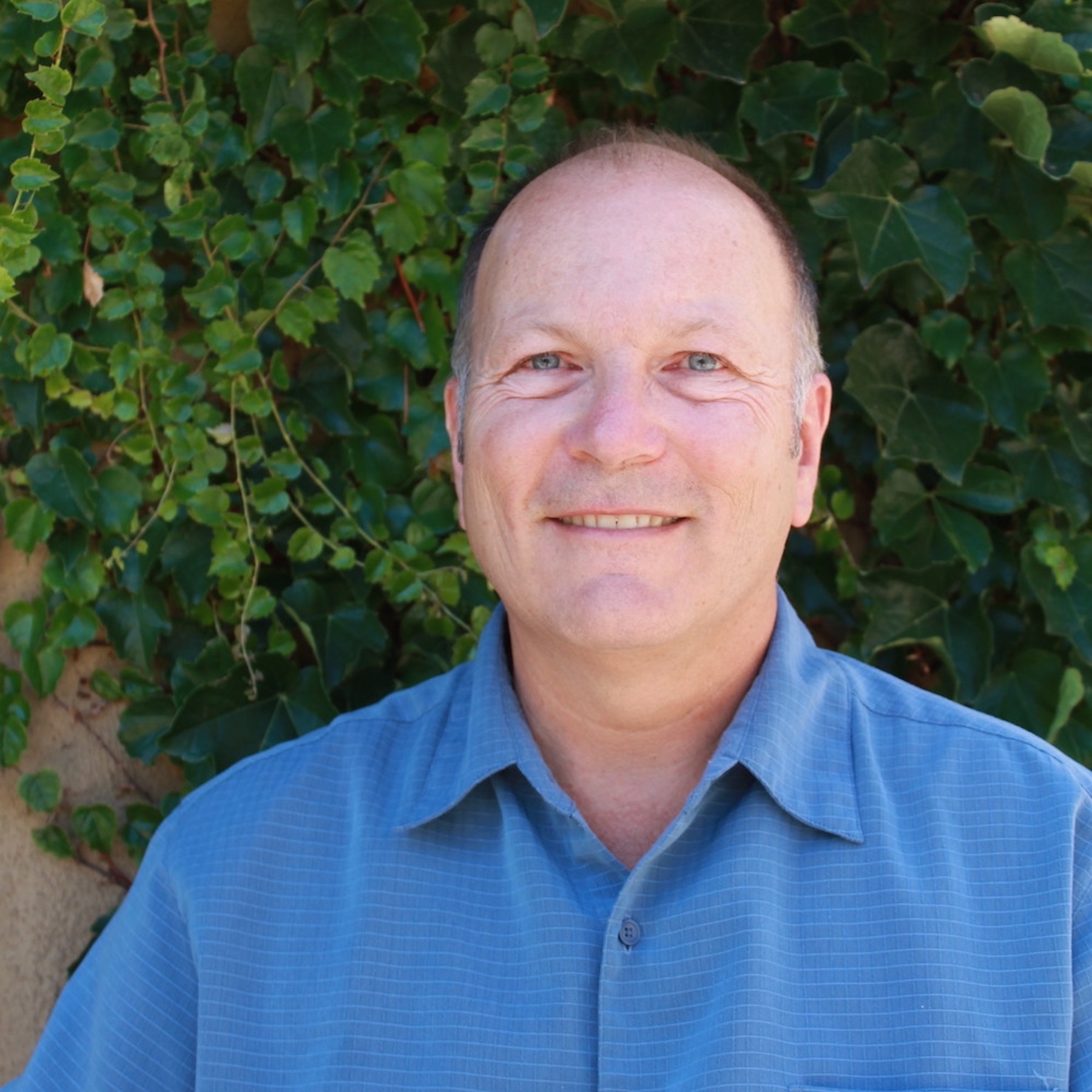
Ben Haggard
Core Faculty | Santa Fe, New Mexico, United States and Berlin, Germany
Ben is a core faculty member at Regenesis Institute and a co-founder at Regenesis Group, where he has worked on a diverse range of regenerative development and planning projects and delivers educational programs to a global network of practitioners. He is the co-author of the books Regenerative Development: A Framework for Evolving Sustainability (with Pamela Mang) and Indirect Work: A Regenerative Change Theory for Businesses, Communities, Institutions and Humans (with Carol Sanford). Ben specializes in a holistic, systems-based approach to understanding and building upon the complex human, natural and economic relationships that create and sustain the vitality and viability of a place. Ben splits his time between Santa Fe, New Mexico (O’gah’pohgeh Owingeh, the unceded ancestral lands of the Tewa people) and Berlin, Germany.
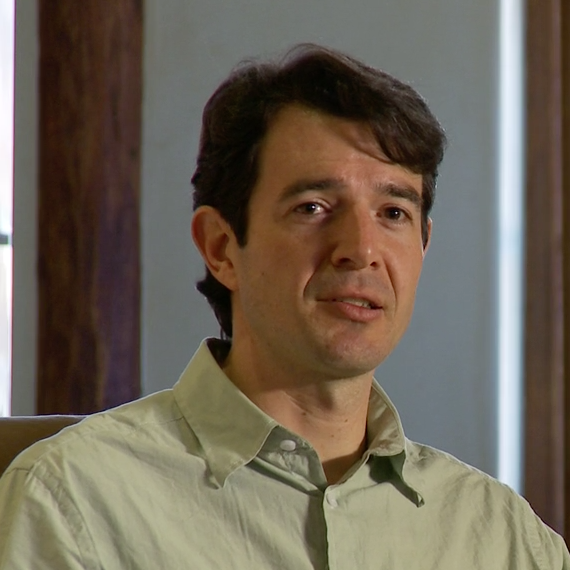
Nicholas Mang
Core Faculty | Ojai, California, United States
Nicholas Mang is a principal at Regenesis Group and core faculty member at Regenesis Institute, where he has co-developed and taught developmental education programs for practitioners around the world. As a practitioner, Nicholas’s work has its roots is in community planning and organizing with a focus on urban regeneration work, developing leveraged intervention processes for reigniting community involvement in the stewardship of place.
Nicholas’s educational background includes masters and doctoral level work in cross-cultural studies, living systems thinking, social transformation theory, ecopsychology (the bridge between psyche and ecological place), and spiritual psychology.
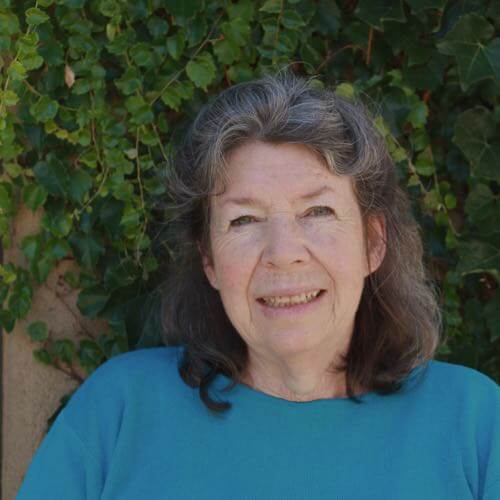
Pamela Mang
Core Faculty and Director of Education | Santa Fe, New Mexico, United States
Pamela is a founding member of Regenesis Group and Regenesis Institute for Regenerative Practice, where she has worked with project development teams and community groups to build critical systems thinking skills and holistic planning processes and designs that can address complex systems problems and opportunities. She has taught The Regenerative Practitioner series since its inception in 2013, and is the co-author of the book Regenerative Development and Design: A Framework for Evolving Sustainability, published in 2016.
Pamela’s work draws on four decades’ worth of experience in managerial and consulting capacities in both the public and private sector. Her experience includes community development, leadership and team development, design and implementation of effective meeting processes, strategic and operational planning, marketing and public relations, and community and cross-cultural relations in government, non-profit and corporate settings.

Bill Reed
Core Faculty | Boston, Massachusetts, United States
Bill Reed is an internationally recognized proponent and practitioner of regenerative development and integrative design. He has been a founding board member of the USGBC, a co-founder of LEED and a thought leader in the sustainability movement over the past three decades. He is a principal at Regenesis and has been a lead faculty member at the Institute, delivering The Regenerative Practitioner series since its inception in 2013.
Bill has consulted on over two hundred projects across six continents. He is the author of the book The Integrative Design Guide to Green Building: Redefining The Practice of Sustainability as well as dozens of articles and papers on integrative design and regenerative development, and has delivered keynote addresses and workshops at hundreds of conferences throughout the world.
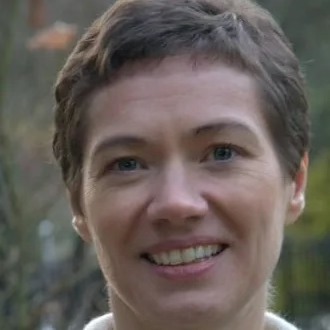
Beatrice Ungard
Core Faculty | Pasadena, California, United States
Beatrice Ungard, Ph.D., is a core faculty member at Regenesis Institute and the founder of Soma Integral, a practice that offers regenerative business development services to both for-profit and non-profit organizations across diverse sectors. Beatrice brings 20+ years of strategic thinking and management experience, including a deep expertise in living systems approaches to organizational change, strategic management, and leadership capacity development.
Beatrice has taught strategic management and systems thinking for diverse MBA programs in the United States. She is a core faculty member at the Regenesis Institute. She holds a master of science and a doctorate from the Department of Architecture at the University of California, Berkeley, USA and a diploma of architecture from the University of Geneva, Switzerland. She lives near Los Angeles, California.
Staff
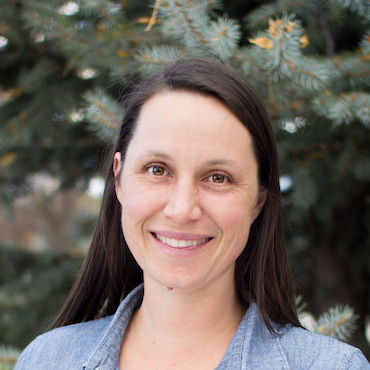
Shannon Murphy
Executive Director | Santa Fe, New Mexico, United States
Shannon has been an early member of Regenesis since 2006, and has stewarded the development of the organization from our initial years pioneering the methodology of regenerative practice, through the development of our earliest education programs beginning with The Regenerative Practitioner in 2013, to the development of the nonprofit Regenesis Institute as a new organization dedicated to furthering the mission of growing the field of regenerative practice in communities around the globe. With a diverse background in business management, community organizing, grassroots art and environmental education, Shannon brings a multidisciplinary approach to her work at the Institute, and contines to steward the evolution of our programming as the field of regenerative practice grows and gains traction around the world.
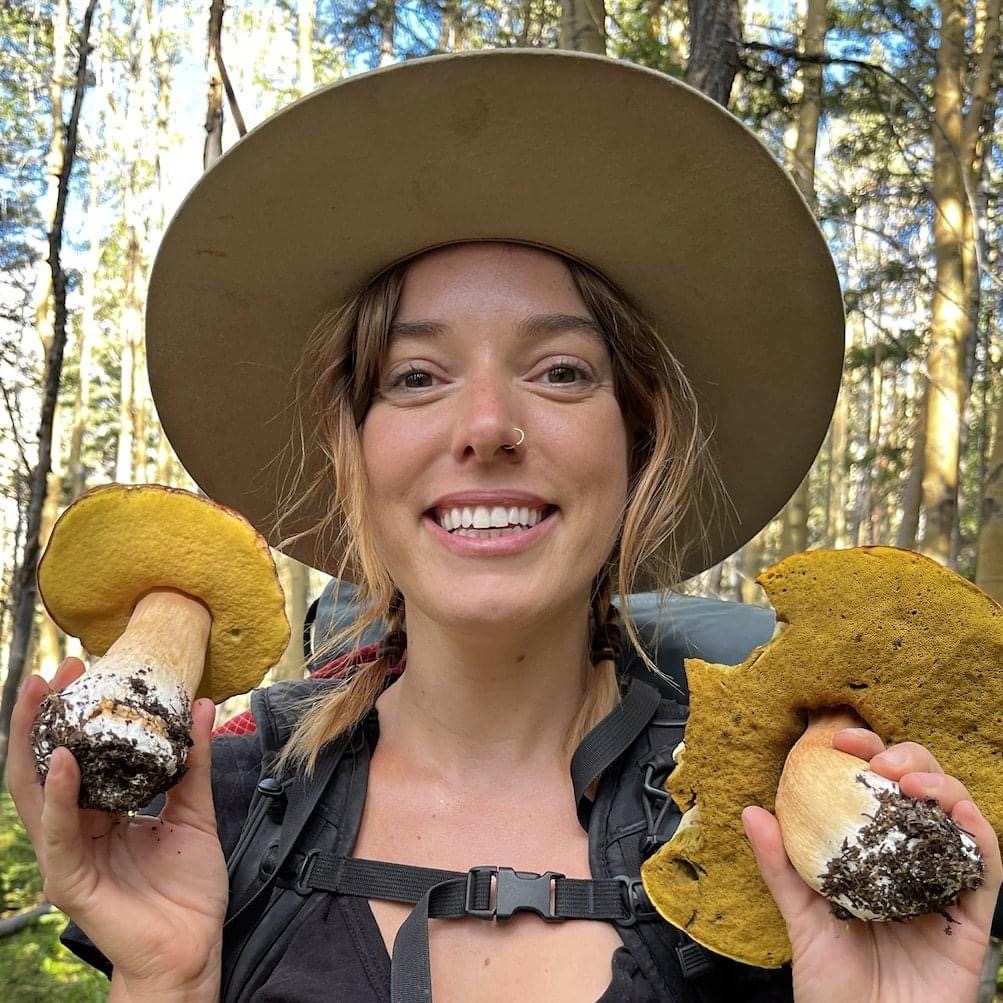
Avery Hardy
Associate director & Faculty | Santa Fe, New Mexico, United States
Avery is a socioecological systems regeneration practitioner, educator, and advocate based in Santa Fe, New Mexico. For the last 15 years she has studied, applied, researched, and taught on regenerative land stewardship, permaculture, agroecology, and ecological design across a wide variety of projects, including overseeing land stewardship research for academic institutions, designing small-scale regenerative farms, leading science-based educational programs on these and related topics, and more. She has a B.S. in Natural Resource Management and Forestry, two minors in Sustainable Environmental Design and City & Regional Planning, and a certificate in urban agroecology research, all from UC Berkeley. She has worked across a diversity of organizations at the nexus of applied land regeneration and ecological science, including at the University of California’s Natural Reserve System, where she previously served as the assistant director of a 6,000 acre reserve. She has worked for the Institute since 2020 and serves as the Director of Community Engagement and Education Programs.
Co-Faculty
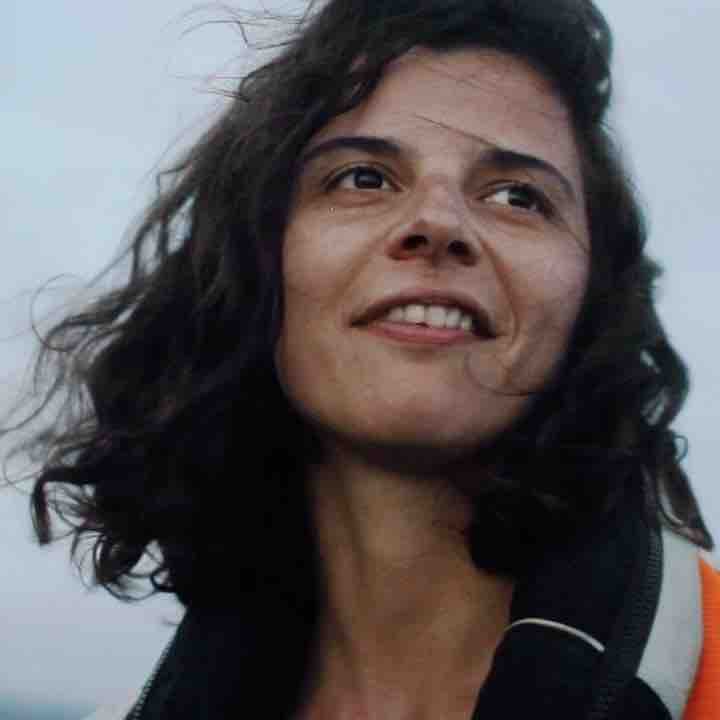
Constança Belchior
Faculty | Lisbon, Portugal
Constança is an entrepreneur, researcher, designer, and facilitator with a living systems worldview. She is dedicated to fostering responsible leadership and regenerating organizations, businesses, and communities in service of life. As co-founder of LÚCIDA, a change management organization based in Portugal, she is co-creating transformative spaces and learning journeys for individuals and organizations seeking to shift their thinking, being, and doing. Her work aims to bridge critical gaps of our times: going beyond sustainability to embrace regeneration and infusing work with meaning to express genuine care for the world. With over a decade of experience at the science-policy-society interface for marine and environmental sustainability, followed by 7 years of impact entrepreneurship and creative leadership, she passionately believes in human potential to transform our role on the planet, ensuring all of life thrives. She has been a faculty member at the Institute since 2022.
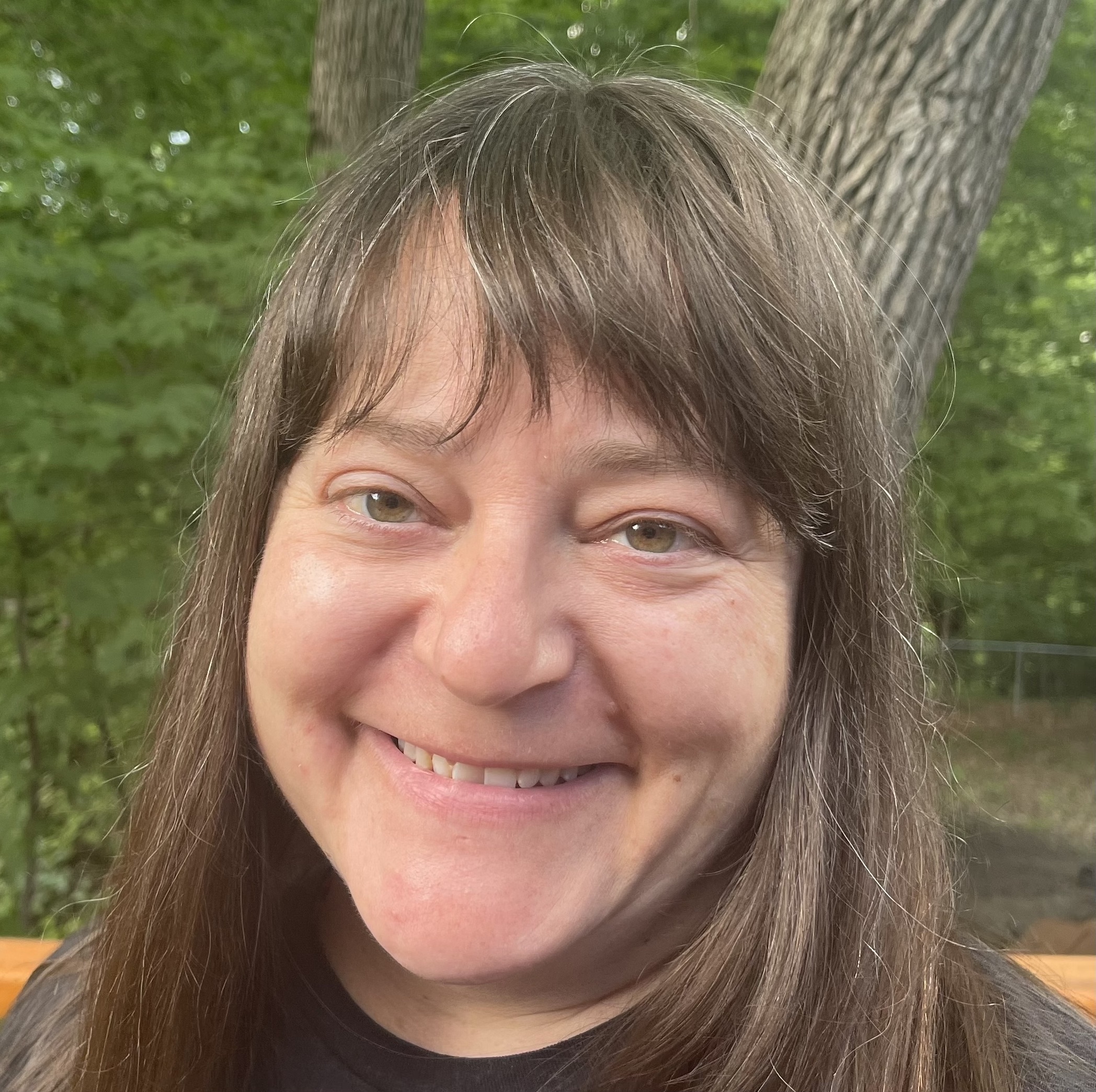
Katie Boone
Faculty | Mankato, Minnesota, United States
Katie was born in a river gorge and grew up in a river valley. She has been journeying for the last 20+ years trying to understand what it takes to support the vitality, viability and evolution of collective well-being for people and planet; learning this is an ongoing, lifelong practice. She’s worked with nonprofit, business, and government sectors to help build transformative collaborations that foster the conditions needed to develop and support regenerative ways of thinking, being and doing together. She works in and with community to evolve ourselves and the places we call home to be more caring, equitable, just and regenerative. She’s also a mother, life partner, PhD student, qualitative researcher, regenerative evaluator, and community-engager in her full-time role working for the State of Minnesota as well as in deep partnership and relationship with the communities that call this place home.
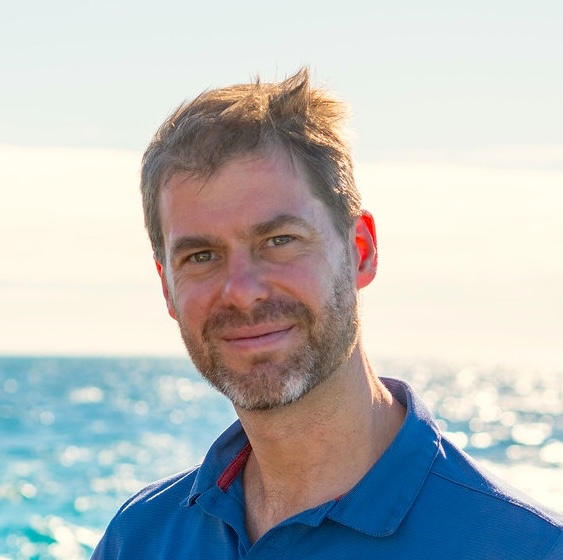
Laurent de Schoutheete
Faculty | Ottawa, Canada
Laurent is a human geographer whose journey has convinced him of the intrinsic complexity and beauty of our world. His core passion–and work over the last two decades–is enabling the development of life-supportive and equitable human societies, through designing and evaluating systemic reform initiatives. Laurent is the co-founder of Metacrisis Diplomats, an outfit dedicated to support individuals and organisations to think, feel, and learn about our collective predicament through conversations about the “metacrisis”. He has worked in various sectors across Africa, Asia and the Pacific. He is also a founding director of METIS Analytics, a consultancy specialised in design and monitoring, evaluation and learning (MEL) services for international development programs. His failures and successes have convinced him that the path of action is necessarily one that considers the long arc of human history; sees systems and potentials; values our many ways of knowing; and encourages human co-evolution with the web of life.
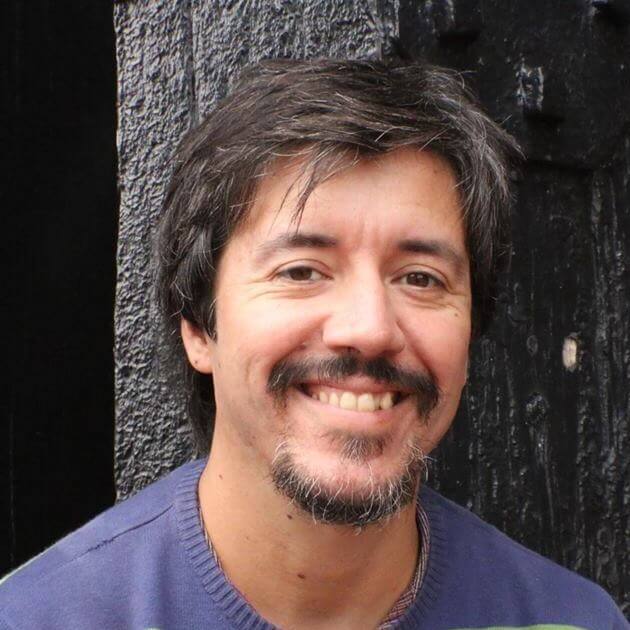
Nuno da Silva
Faculty | Lisbon, Portugal
Nuno da Silva is highly committed, caring and enthusiastic about being a resource to people and organisations in supporting the development of their capability to move towards economies in service of “wellth” (well being and health). Nuno has extensive experience in designing and hosting engaging, participatory processes, both locally (with communities of place) and trans-locally (with communities of practice). He has worked with various national, international and intergovernmental entities in a diversity of fields ranging from youth development, adult education, organisational development and in living systems approaches to harmonize human activities with ecosystems. Nuno has been a faculty member for The Regenerative Practitioner Series since 2021 while also supporting the development of communities of practitioners across Europe. He is a co-founder of LÚCIDA – Regenerative Thinking for Clear Actions, a collective of professionals in Portugal supporting people, organisations and institutions in their development towards regenerative approaches.
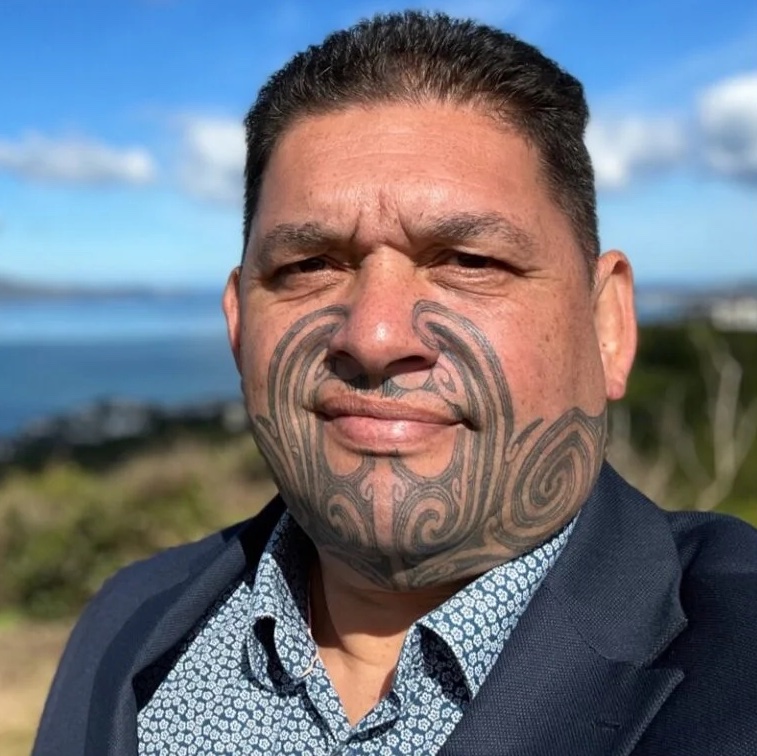
Johnnie Freeland
Faculty | Auckland, Aotearoa (New Zealand)
Johnnie is a wayfinder, systems navigator and whakapapa centred designer. He brings more than 30 years of experience serving community and guiding and a range of Iwi, Māori community and public sector organisations in working to achieve better outcomes with Māori. He utilises mātauranga Māori: Māori systems thinking, knowledge and practice in navigating systems. He draws on knowledge and practice of maramataka (lunar celestial cycles) and whakatere waka (waka navigation) in designing oranga motuhake (well-being pathways). Johnnie has helped navigate a whakapapa-centred response to climate change within Tāmaki Makaurau, through the Tāmaki Makaurau Mana Whenua Forum, and has worked to harness the benefits of drawing on mātauranga Māori knowledge and western science to navigate a way forward for Tāmaki Makaurau Auckland through Te Tāruke-ā-Tāwhiri Auckland’s Climate Plan. Johnnie currently works for the Wellington City Council, as the Manager for Māori Strategy, within Mataaho Aronui, the Strategic Māori Outcomes unit for the Council.

Oscar Gussinyer
Faculty | La Garrotxa, Catalonia, Spain
Oscar is a Cocreative facilitator, whole systems designer, and expert in bioregioning, ruralities, and territorial resilience. With over 20 years of experience in community dynamization and distributed governance, and 8 years deeply engaged in regeneration, he has dedicated his career to supporting rural communities and territorial ecosystems in transitioning towards living, self-managing models. As co-founder of Resilience Earth, Oscar works on the ecosystemic articulation of the social and solidarity economy, the development of adaptive governance systems, and the creation of social infrastructures that balance autonomy and interdependence. His expertise in bioregioning and territorial regeneration enables him to design governance and economic models that center the ecological, social, and cultural specificities of each rural context. With a whole systems approach, Oscar facilitates processes where communities, economies, and policentric governance structures interconnect as living systems, capable of regenerating and evolving. His practice activates collective intelligence and ecosystemic transition processes, creating conditions for ruralities to regenerate through their own sovereignty and diversity.
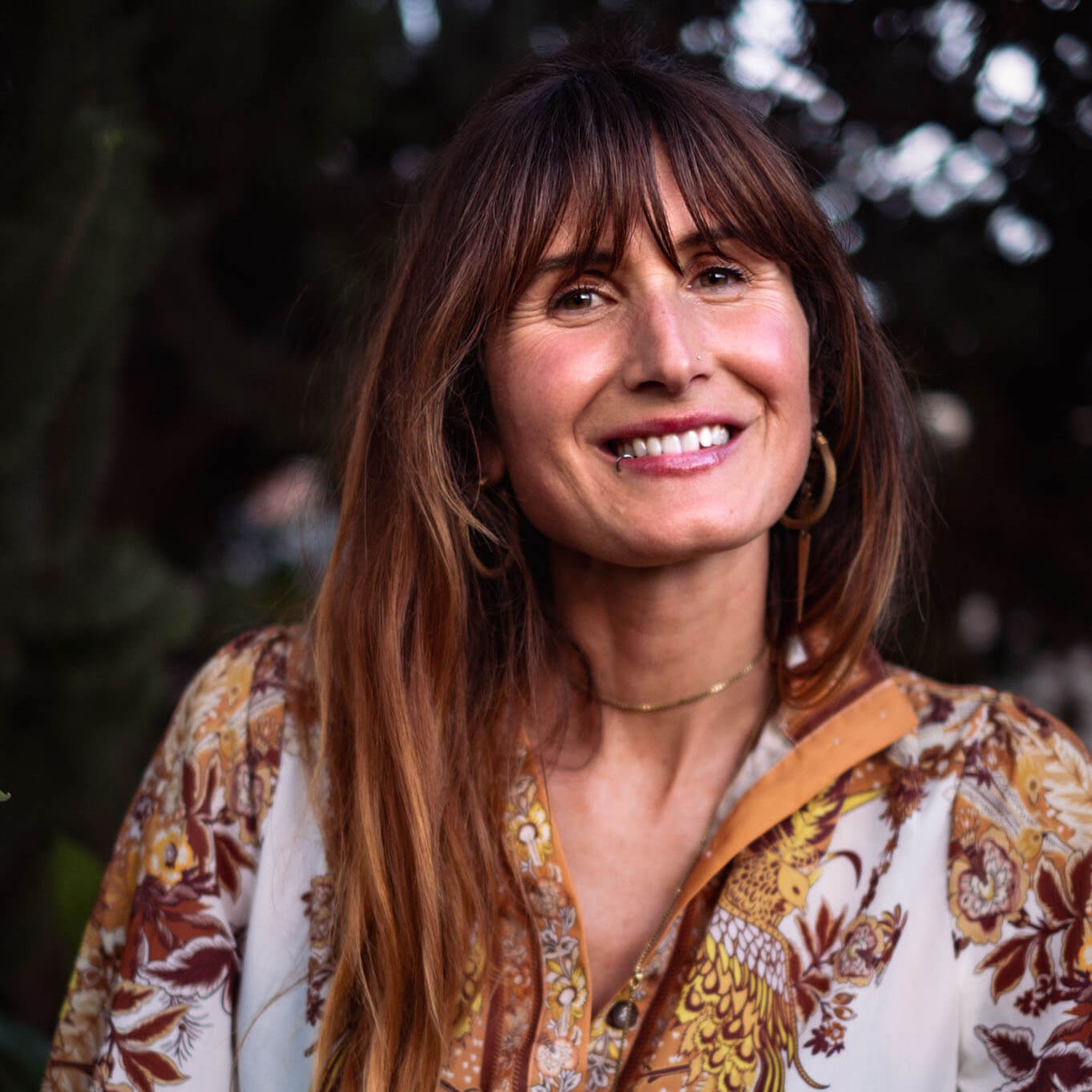
Drika Horton
Faculty | Melbourne, Australia
Drika Horton is a living systems artist, mother and educator with a background in fine arts/sculpture, Traditional Chinese Medicine, permaculture and the healing arts. She is a host and faculty member for Australia’s The Regenerative Practitioner Series, nested on the traditional lands of the Boonwurrung people. Drika’s visual arts practice transitioned early on from art-making to designing for Life. For the past two decades, she has focussed on creating the energetic conditions for Life to heal itself; exploring birth and earth-based practices, cross-disciplinary collaboration, and working nodally to address socio-ecological issues.
Learning from the wisdom of Aboriginal Australia, her relationship with Country, her own woven ancestry and her young children continue to be Drika’s greatest teachers for how to be a human being in reciprocity with the nested systems, essence and spirit of place. As a designer and resource through regenerative development practices and technologies, Drika is in service to helping unveil authentic expression and perceive greater sources of healing for individuals, communities, their places and projects.
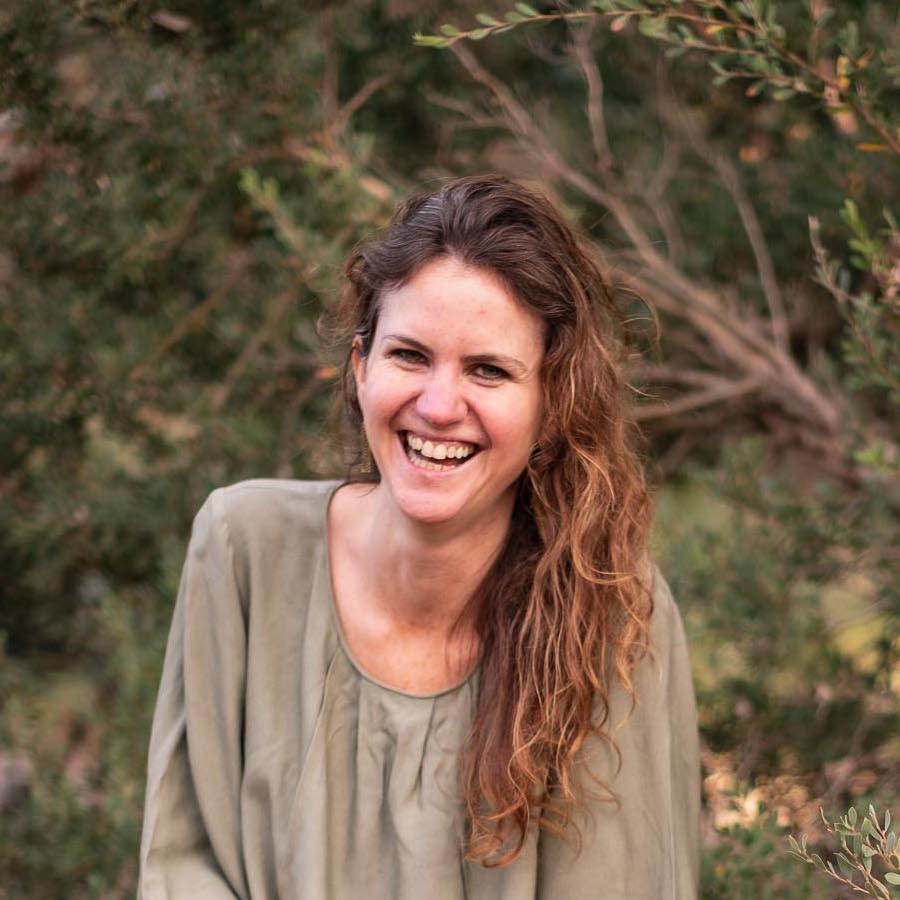
Lara Hunt
Faculty | Alice Springs, Australia
Lara’s life has been a series of journeys through different professions, inquiries, traditions and places. Her original pathway to regenerative development was through working as a building services engineer and in grassroots Sustainability movements in Melbourne. Her current focus is in community services in Central Australia, which she entered into through remote community development work, finding herself continuously touched by the personal stories of community members. This has deepened her understanding of how the history of place and inherited trauma informs the present systems and society. She has a deep respect for the wisdom of the Indigenous cultures she walks alongside; it is these ancient stories of place & culture that anchors her work and has contributed to her deepening into her own heritage as an Irish native. When working on the regenerative potential with someone personally or on a place sourced project, she places great significance in holding both a deeper understanding of essence alongside the history/story of place.
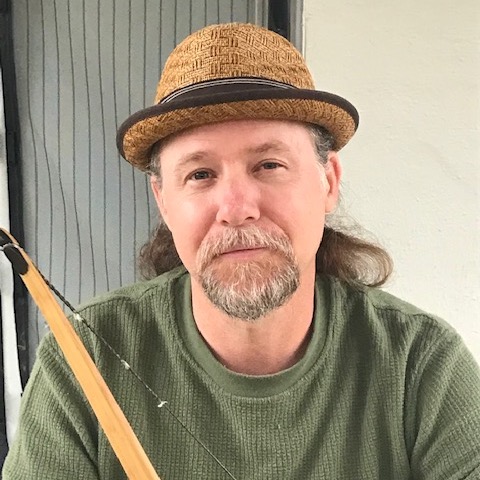
Chris Lopez
Faculty | Sacramento, California, United States
Chris Lopez is a father, educator, practitioner of “old way” skills, and contributing faculty member at Regenesis. One track of his path has led to the field of psychology and education, where he worked as an educator for both typically developing and neurodiverse youth for over a decade. The other track has led to the field of ecological design and research, where he worked as a permaculture designer, water harvester, restoration artist, and educator.
Chris has since returned to the field of education, and his work today is sourced by the premise that when humans lose conscious connectivity and visceral intimacy with their places, “right relationship” with that context becomes compromised and all suffer. Chris helps his students lend the world their admiration by reconnecting with place viscerally through various “old way” and applied naturalist skills. He is always humbled when he watches students learn just as much about themselves, standing in their own tracks, as they do those they learn to follow across the landscape.
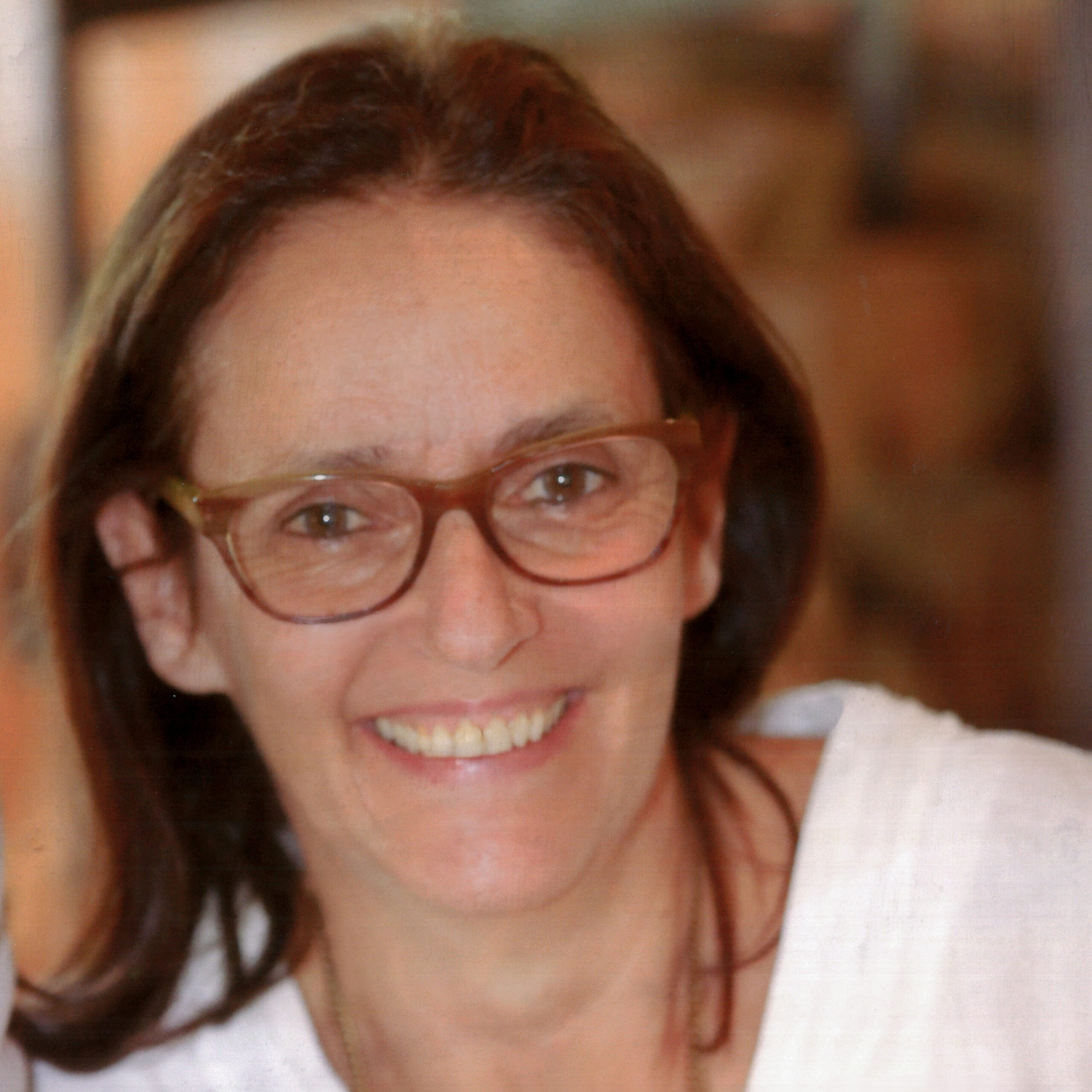
Corine Mermillod
Faculty | Annecy, France
Corine Mermillod, architect and change agent based in Annecy-France and in French-speaking Switzerland, is co-founder of Archidoers, an architecture studio that proposes regenerative project design and development over several continents. Convinced that architecture can change the world, she has been committed to pioneering and transformative paths since her early work, which includes: regenerating vernacular housing in southern Morocco and Afghanistan; designing intergenerational co-housing in French-speaking Switzerland; and volunteering with UNESCO, the International Union of Architects, and Emergency Architects, to develop the capacities of local communities and evolve the role of the architect. Having taught various professional communities around the world for over 30 years, she now teaches regenerative practice at several universities and is involved in the development of the Regenesis Institute’s francophone community.
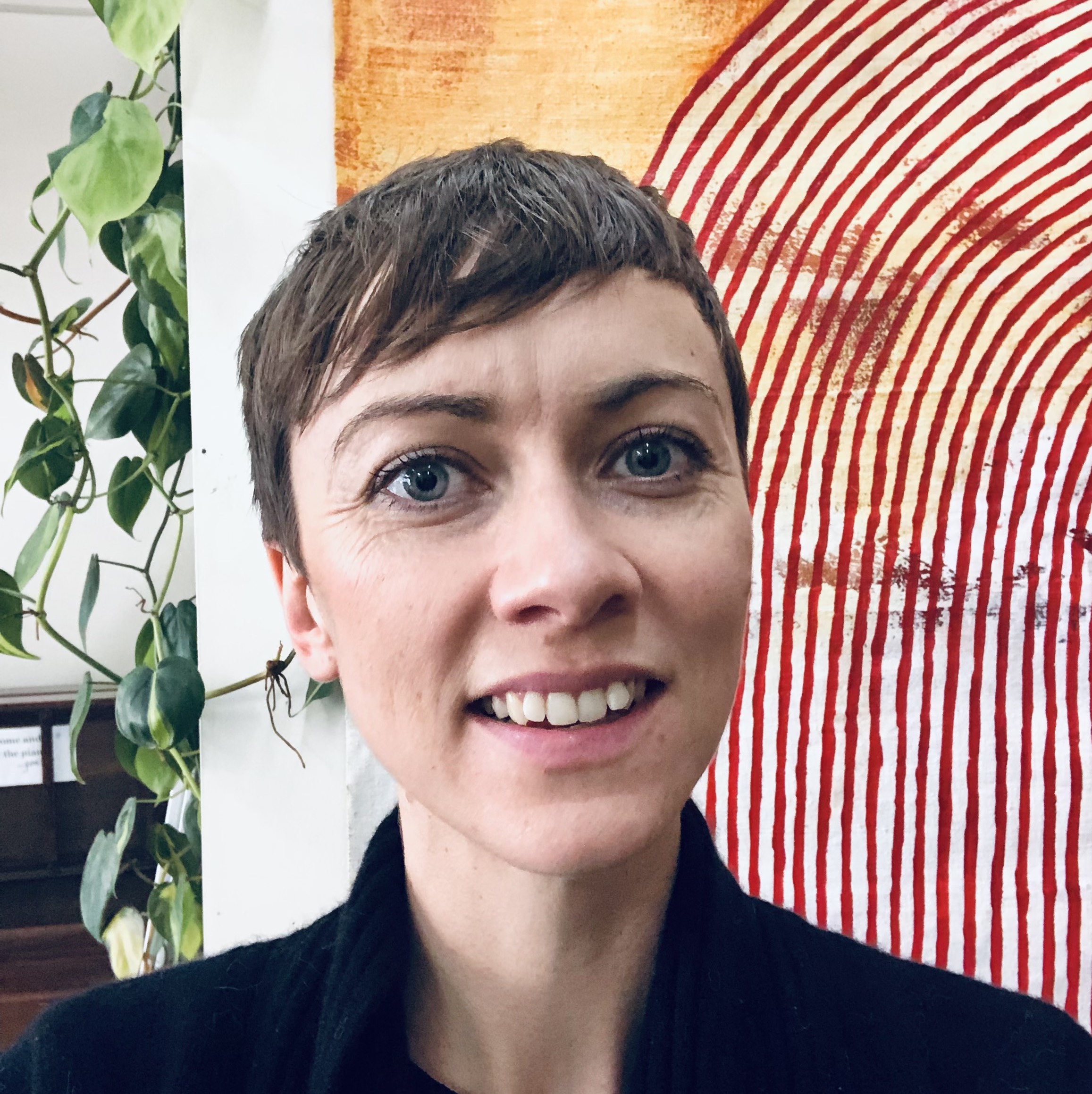
Lucy-Mary Mulholland
Faculty | Christchurch, Aotearoa (New Zealand)
Lucy-Mary is nested within the Ōpawaho Heathcote river catchment, known as South Christchurch (South Island, Aotearoa/New Zealand), where she lives with her partner Michael. She acknowledges the kaitiaki (indigenous custodians of this land) Ngāi Tahu, Ngāti Māmoe, and Waitaha.
Previously a child and adolescent therapist, she now works as a developmental facilitator, supporting turning-point moments for community groups and organisations aspiring to create regenerative impact. She has worked with the likes of Greenpeace, Callaghan Innovation, For The Love of Bees, and many others. She is also faculty and local host for Aotearoa cohorts of The Regenerative Practitioner Series. She continues to draw on her therapeutic skills, arts background, Celtic ancestry, and the mentorship of the late Caroline Robinson (regenerative pioneer in Aotearoa) to create meaningful co-creation towards co-evolution and oranga (wellbeing).
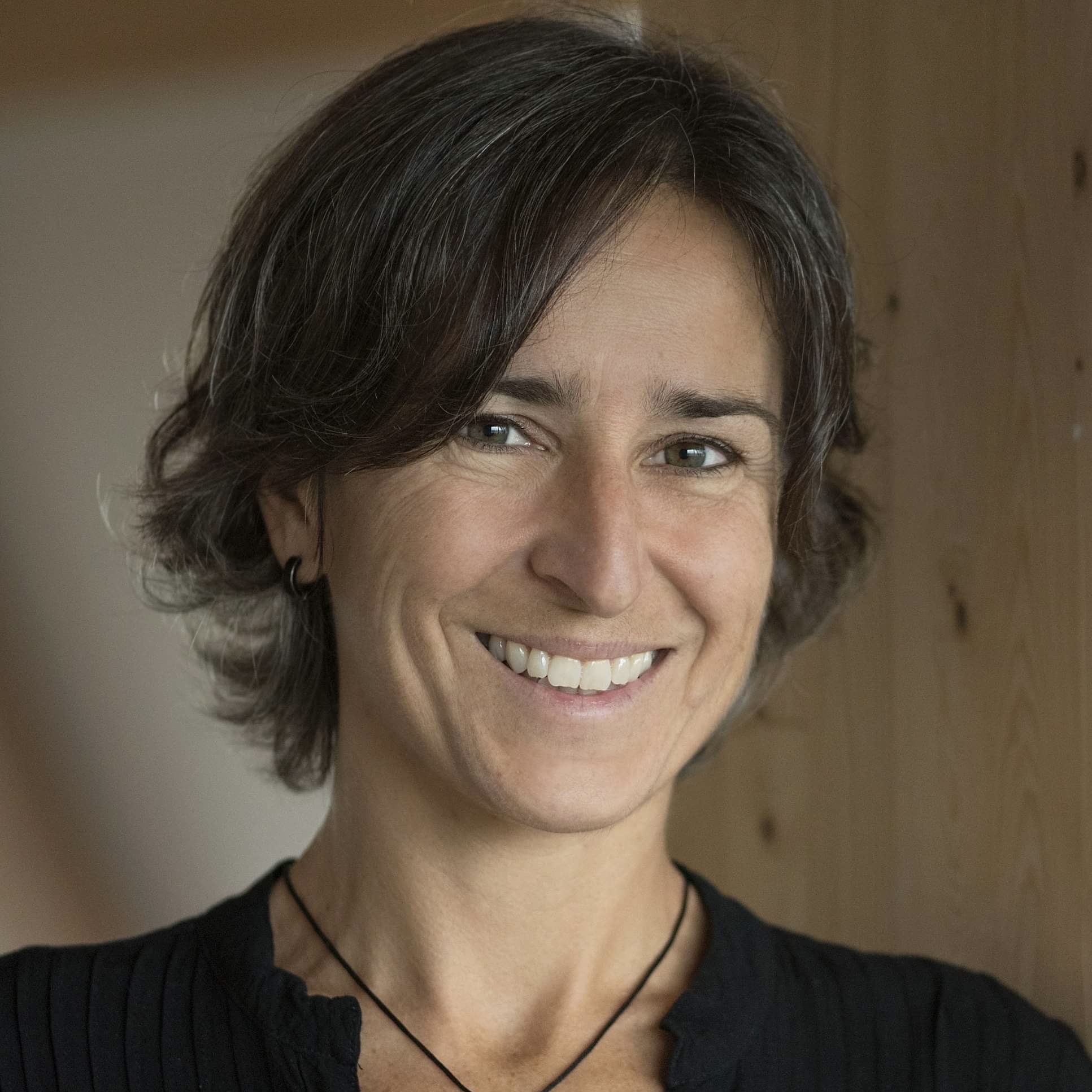
Nancy Picard
Faculty | Montreal, Canada
Born on the south shore of Quebec (Kepék in Mikmaq), and now living on the north shore of Montreal (Mooniyang in Anishinaabemowin), Nancy holds 25 years of experience in project management focused on sustainable buildings. A lifetime of fascination for nature’s genius and her professional path paved her way towards regenerative design and development. She has found journeying alongside fellow regenerative practitioners has been, and continues to be, immensely enrichening, always expanding living system thinking capabilities. Through her firm Eco Transition, she both teaches and offers consulting services, helping clients identify how they can move their projects beyond simply reducing detrimental environmental impacts to becoming a source of beneficial and vitalizing ripple effects in their ecosystems.
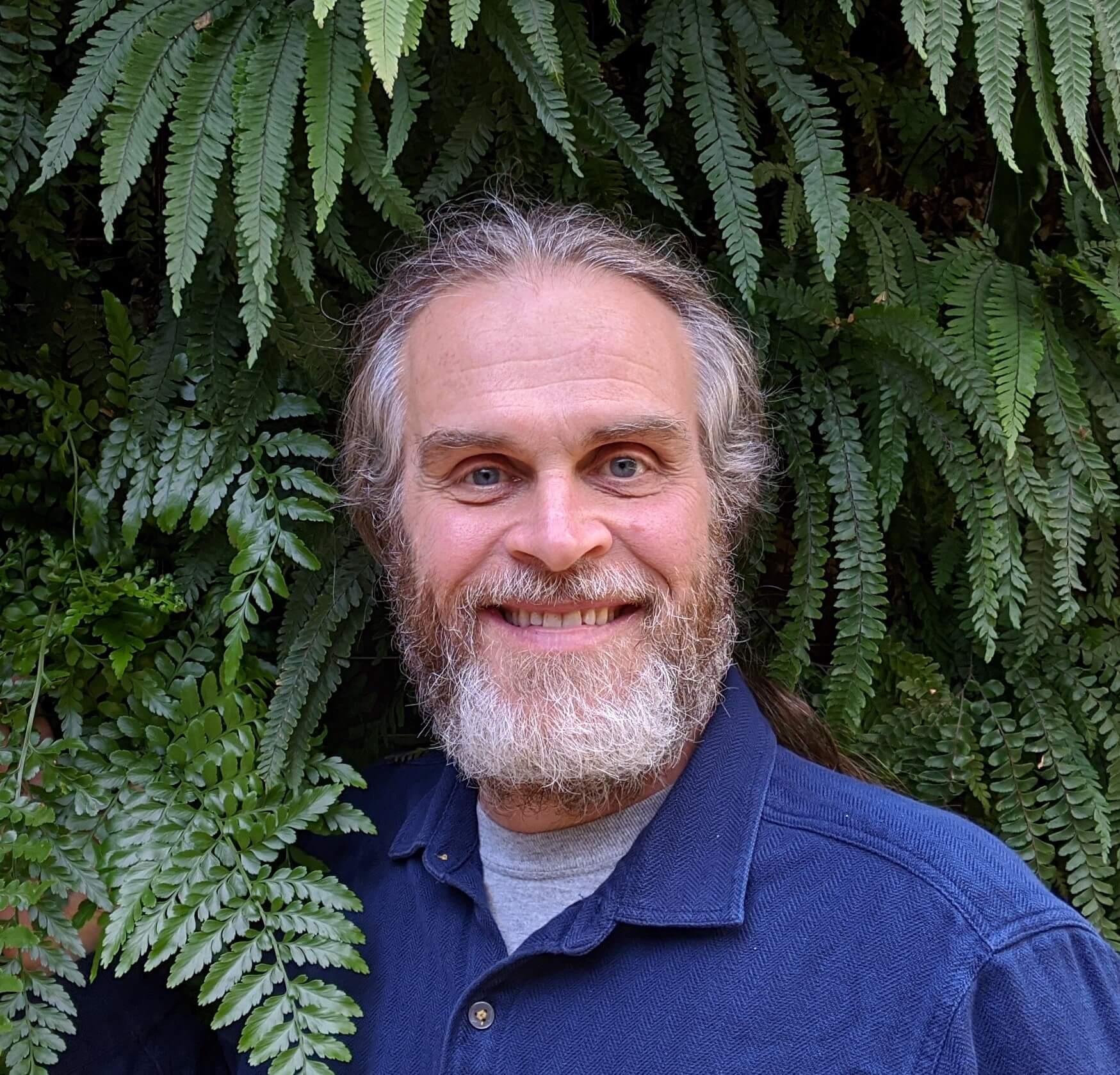
Marcus Sheffer
Faculty | Columbia, Pennsylvania, United States
Marcus Sheffer promotes the application of regenerative approach to projects and organizations. After 12 years at the Pennsylvania Energy Office, he founded Energy Opportunities in 1993 to provide technical consulting on building energy issues, renewable energy systems, and the environmental impacts of human activities. Marcus is also a partner in 7group, a multi-disciplinary team of professionals developing the capacity of projects and organizations to affect how humans regenerate life through building. Marcus is a LEED Fellow, LEED Project Reviewer, Living Future Accredited Professional, and faculty for The Regenerative Practitioner Series. He co-authored The Integrative Design Guide to Green Building (published by Wiley in 2009) and The Pennsylvania Solar Manual (published by the PA Dept. of Environmental Protection in 2006). Sheffer holds a Bachelor of Arts in Environmental Studies and a Master of Science degree in Public Administration.
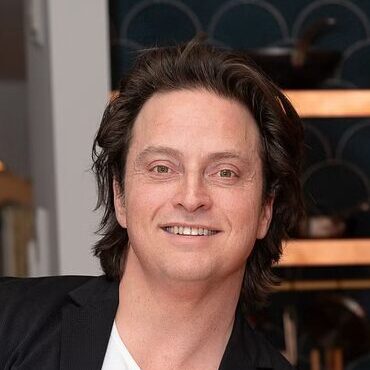
Matthew Sherman
Faculty | Tivoli, New York, United States
Matthew Sherman is a regenerative designer and educator who helps individuals, businesses, and communities achieve optimal performance and well-being through a whole systems and integrative approach. He brings together his experiences in performance psychology, regenerative design, and the Next Economy MBA to empower his clients to become more self-determined, vital, viable, and engaged with a future state where everyone thrives. He has over 10 years of experience in creating and leading innovative and transformative projects, spanning from the hospitality industry to the nonprofit sector. He is the founder and CEO of Oneness Projects, LLC, a company that utilizes regenerative design and performance psychology to educate and facilitate. He is a host and faculty member for the New York cohort of The Regenerative Practitioner Series. He is currently focused on growing a Hudson Valley community of regenerative practitioners.
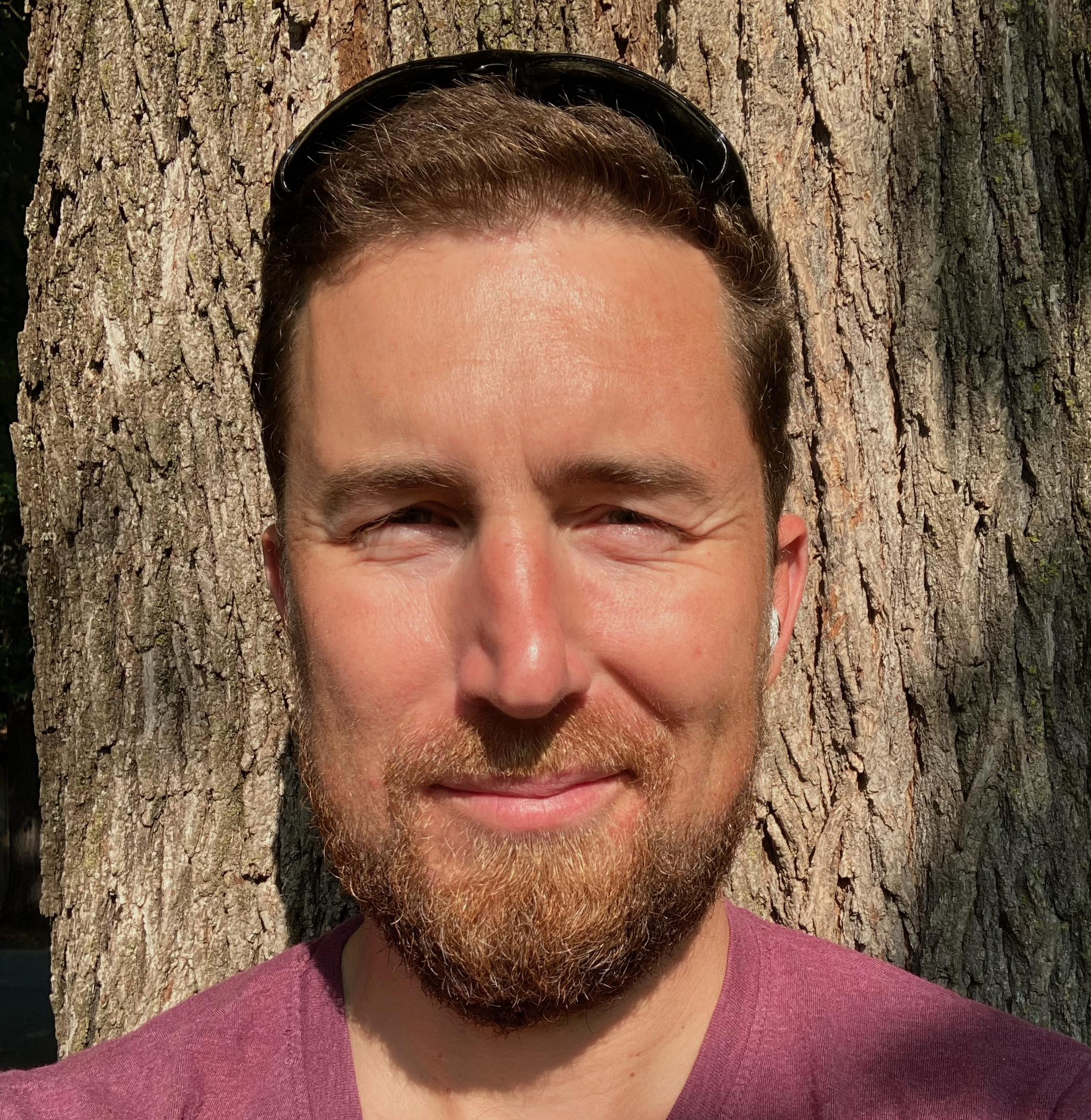
Geoff Stack
Faculty | Western Massachusetts, United States
Geoff Stack is a strategist and project leader with 20 years of cross-sector experience in regenerative development, sustainable design, and nonprofit management. He specializes in fostering uncommon collaborations and building capacity to align efforts, enable shared action, and support sound decision-making. As Project Manager for Linkhaw Farms Development, he is co-leading the creation of a 459-acre mixed-use community in Lumberton, NC. In addition, Geoff serves as a Business Strategy Consultant for Neighborhood Housing Services of New Haven, supporting the Home Energy ConneCT initiative, which has facilitated $4M in energy upgrades across Connecticut. A formerly-licensed Landscape Architect, Geoff holds an MSc in Strategic Leadership toward Sustainability from Blekinge Institute of Technology. He has spent 15 years immersed in Change Agent Development with Carol Sanford, and has completed The Regenerative Practitioner twice.
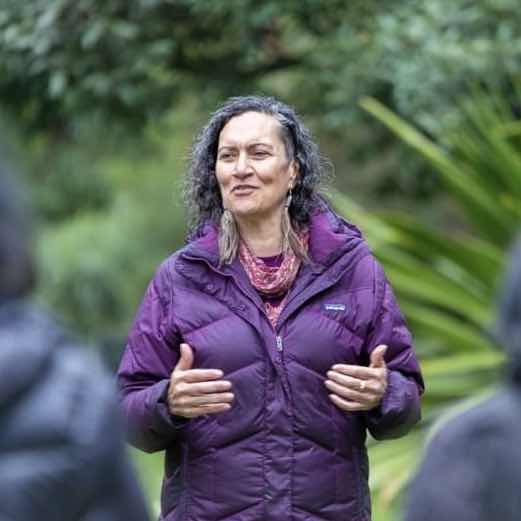
Alana Marsh
Faculty | Yaegl Country, Australia
Alana is a Meriam woman motivated to be a conscious link in the chain of humanity. She is humbled to contribute to relational equity for regeneration in Australia, the Deep Pacific and further afield. It’s her personal, contemporary expression of the thousands of years of stewardship from Australia’s Traditional Custodians, which continues today and into the future.
Moving with biorhythms, Alana’s offerings are RAW (Regen, alalouie, and Wayapa). Self, co- and eco-regulation, as a nested observer, enliven Alana’s becoming. She is happily honing herself vertically, horizontally and diagonally to be that sound, peaceful and evolving link within our species.
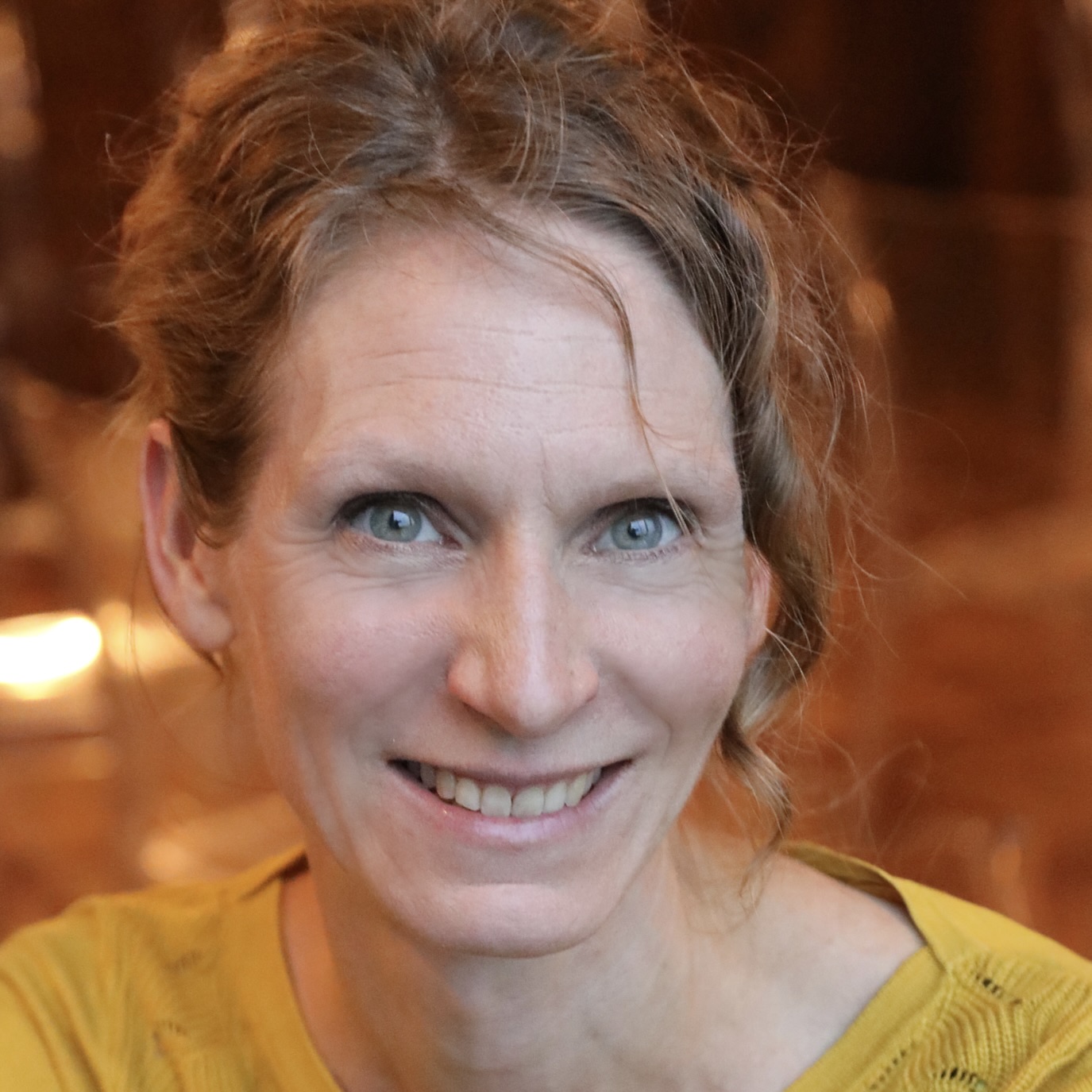
Laura Winn
Faculty | Montpellier, France
Laura Winn offers strategic thinking processes to leaders in business, not-for-profit and public sector organisations. She is a teacher of systems change and regenerative approaches and is often involved in catalysing local and international initiatives with deep ambition for desirable futures. Laura’s work draws on experiences in her birthplace in Aotearoa (New Zealand), growing up in an eco-feminist family in the UK, and twenty years in France steeped in literature, philosophy, alternative economics and natural wine. She likes to work with people and their words, and enjoys following the structural intelligence of living systems frameworks to reveal new potential. Recently, she has returned to her early love of linguistics to enable and supervise the translation of Regenerative Development and Design by Ben Haggard and Pamela Mang into French, as well as Carol Sanford’s book The Responsible Business.
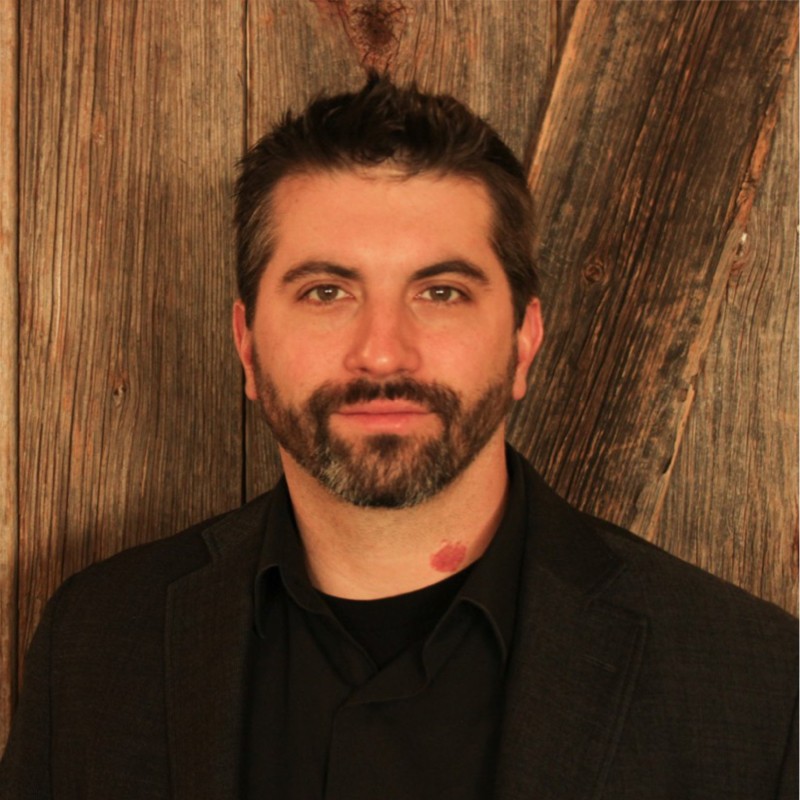
Max Zahniser
Faculty | Philadelphia, Pennsylvania, United States
Max is a designer, educator, and facilitator of regenerative thinking, equitable development, and green building. His broad background in architecture was foundational while at the U.S. Green Building Council, where he oversaw the majority of the first 500 LEED® building certifications, supported technical development of nearly every USGBC program, and managed relationships with Google, Adobe, Autodesk, and others. Max has been cited/quoted in the New York Times, Chicago Tribune, San Francisco Chronicle, and numerous other outlets. He leads regenerative urban community-university partnerships and community cohort support programs via Regenerative Nexus (a non-profit which he cofounded in 2011). He became a principal at 7group in 2021. Max is now engaged in and leading explorations on how to redesign systems of real estate development and community engagement via regenerative thinking and approaches. Max attended one of the first TRP programs offered, and joined the Institute as Faculty in 2021.
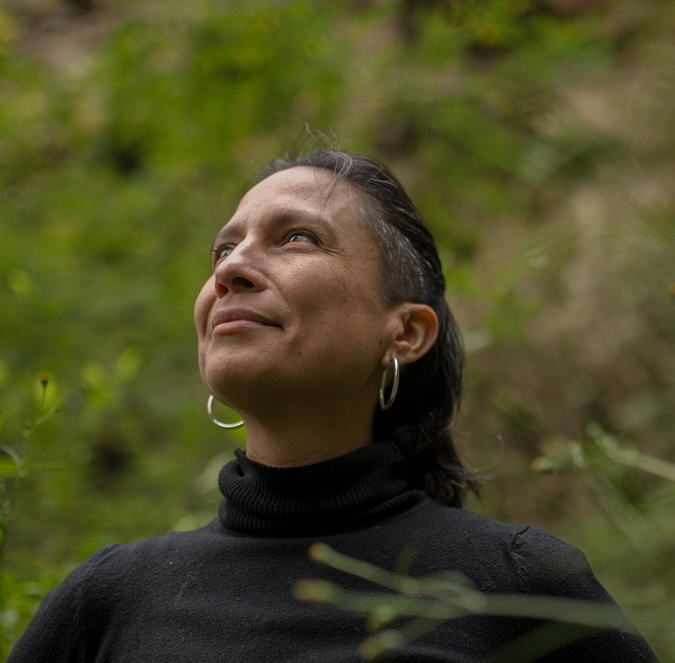
Erika Zárate
Faculty | La Garrotxa, Catalonia, Spain
Erika is a Quechua-Canadian strategic facilitator and expert in community and territorial resilience, regenerative economies, and distributed governance systems. Raised within the Quechua culture, she has worked with various Indigenous communities, allowing her to integrate different Indigenous Knowledge Systems into social and ecological transformation processes. With over 20 years of experience, Erika supports international NGOs, institutions, and territorial ecosystems in designing social infrastructures that generate transformative impact. As co-founder of Resilience Earth, Erika works with communities and organizations to develop distributed decision-making tools, place-based economic models, and governance structures that evolve with both the land and the people. Her approach is based on a decolonial and intersectional perspective and the belief in the ability of human groups to co-create more resilient, adaptive, and regenerative systems.